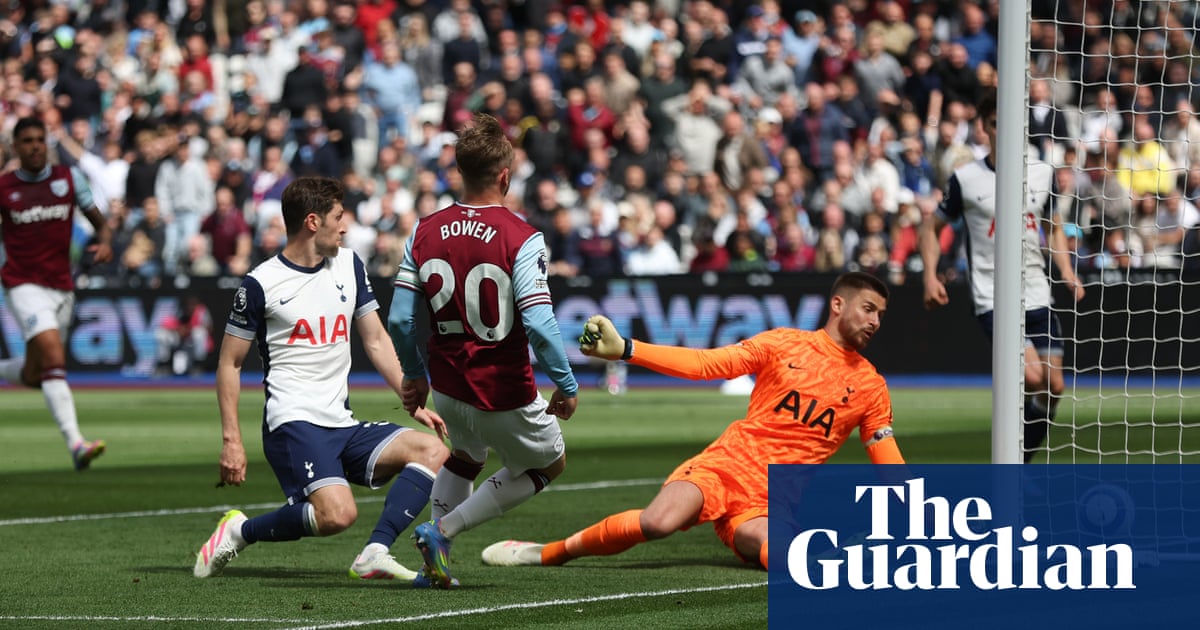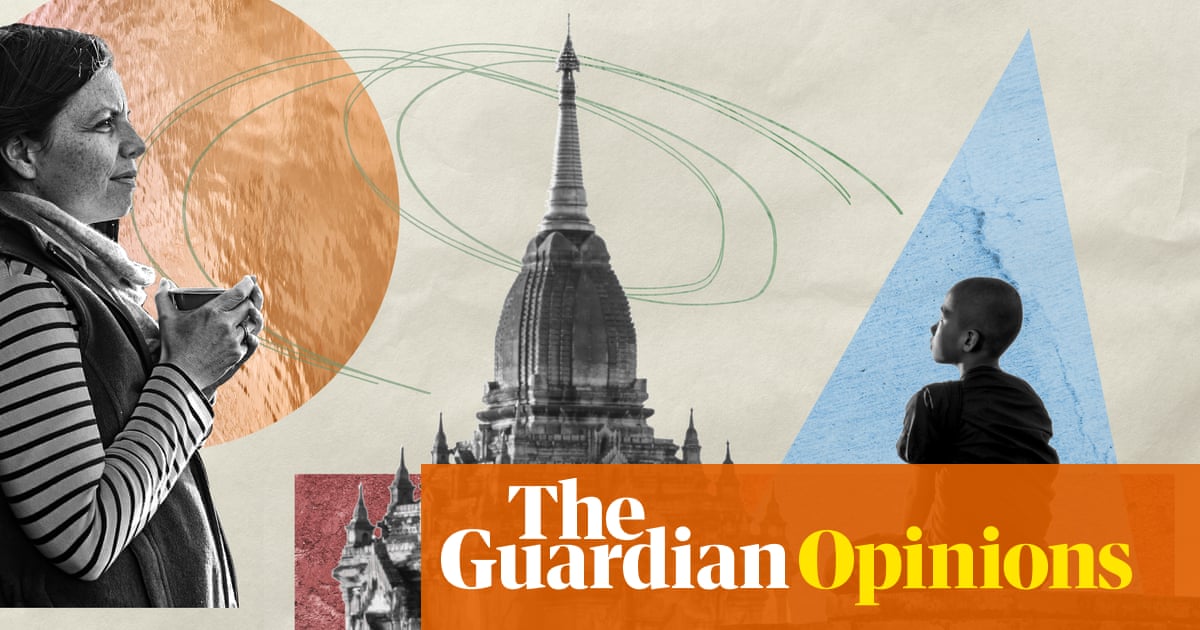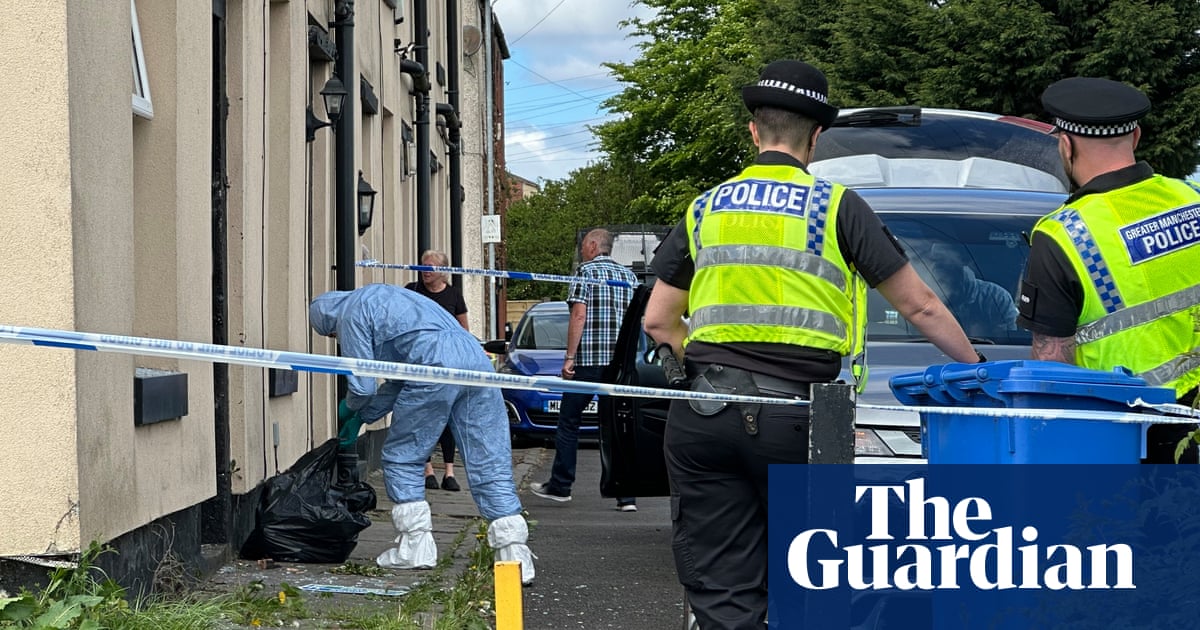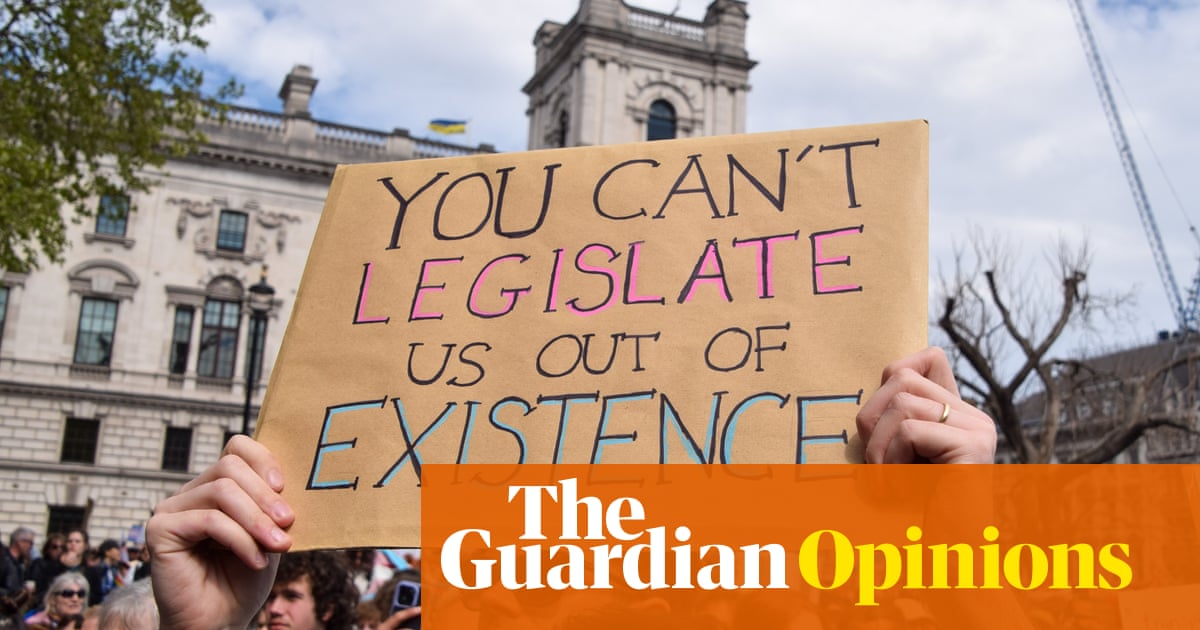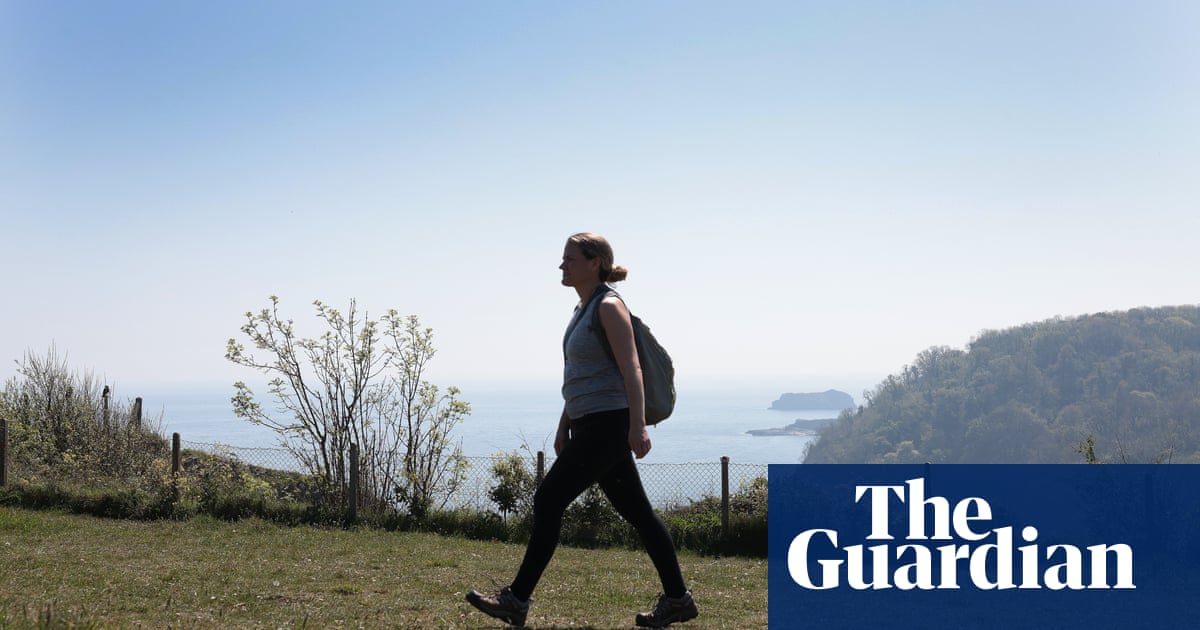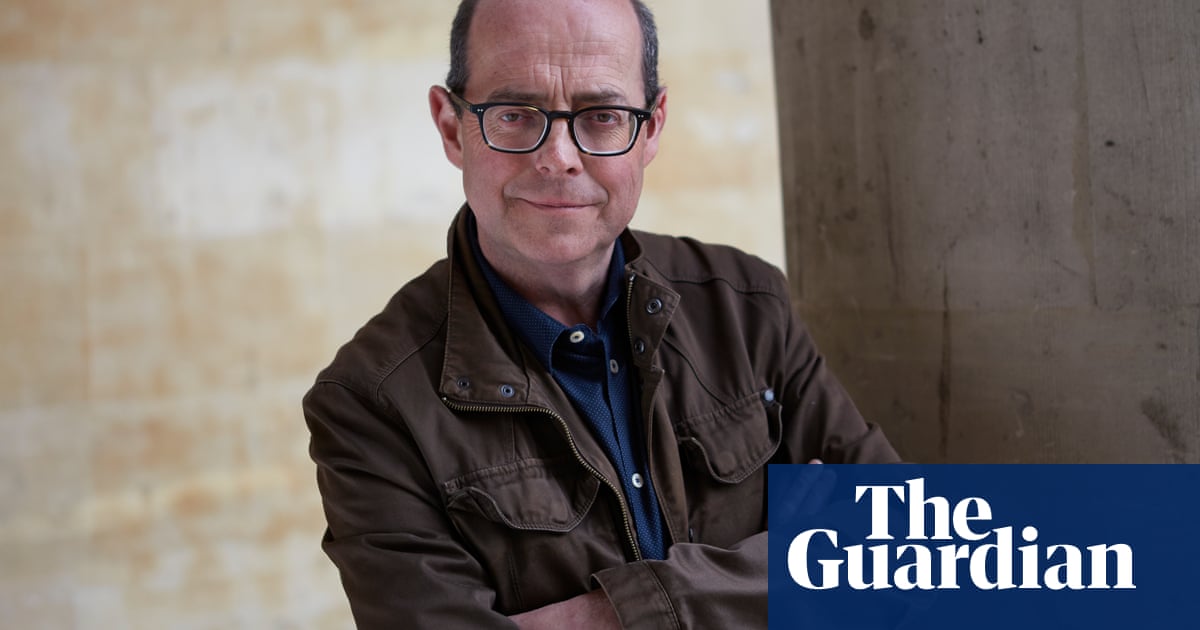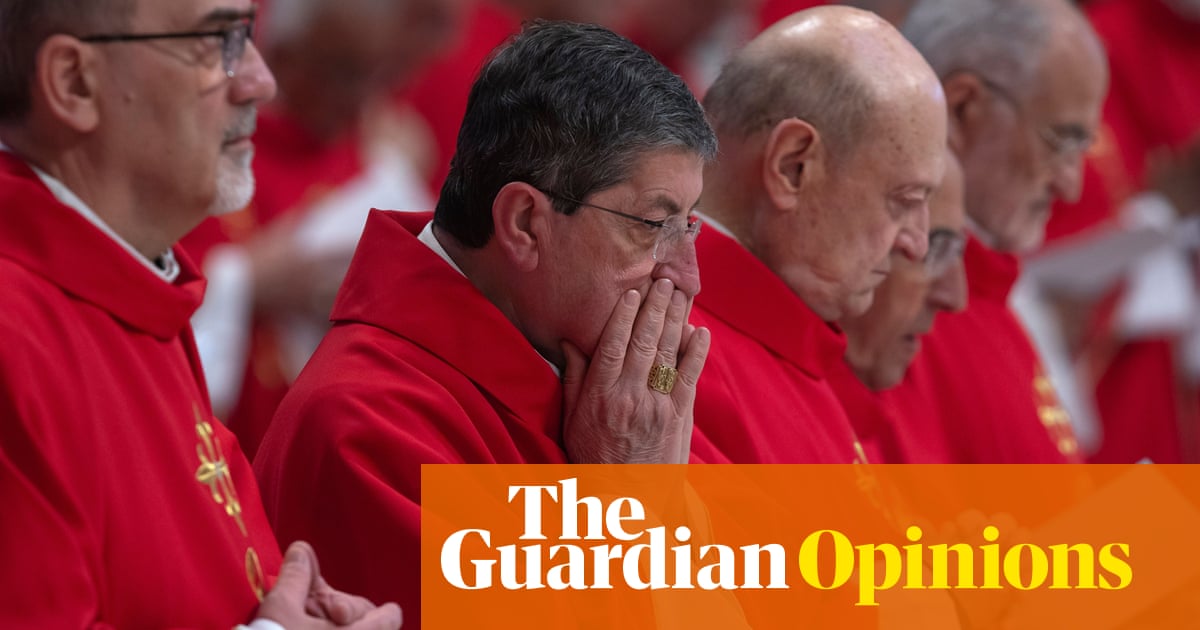It was unseasonably hot in Alford, Lincolnshire, and the early evening had brought a contented glow to the main street and residential avenues of this quiet market town. Colin Matthews, a genial former schoolteacher, was putting in another shift trying to convince people to give him another term as a local Conservative councillor and marvelling at the outbreaks of fury he was encountering. One man, he told me, had simply grabbed a bit of Tory campaign literature out of his letterbox and torn it into small pieces.
A couple emerged from their house and got into a very large car. For some reason, they were both carrying huge slices of chocolate cake teetering on tiny white plates. What one of them told me was laced with a disdain. “They don’t normally turn out giving us leaflets,” she said, pointing at Matthews. “They don’t normally give two shits.” Even here, it seemed, rude and angry were the things to be.
Matthews and a few of his fellow Tories explained some of the reasons for local people’s fury: the government’s plans to put up lines of pylons in the fields next to the Lincolnshire coast, and the giving-over of increasing expanses of land to solar farms. Outside the town’s principal pub, a few people talked of immigrants in Skegness being housed while military veterans slept on the streets. It was an odd spectacle: flailing fury in an idyllic-looking environment, for reasons Matthews well understood. “This country’s buggered,” he said.
It’s certainly not a country that is prepared to give his party much support. In Thursday’s council elections, Matthews was defeated by a Reform UK candidate who received nearly three times as much support. Lincolnshire’s first mayoral election, meanwhile, was won by Andrea Jenkyns, the former Conservative minister who has just joined Nigel Farage’s latest political vehicle. At 6.30 the next morning, I watched her give the most graceless, clunky acceptance speech I have ever seen, in which she said it was time for an end to “soft-touch Britain” – kindness, be gone! – and suggested that asylum seekers should be forced to live in tents.
The biggest part of this story was about Tory defeat and collapse. But Reform got close to twice Labour’s vote in North East Lincolnshire, a local government area that includes Grimsby and Cleethorpes, a constituency with a Labour MP. Across the country, moreover, as the party took control of 10 councils and the Tories crashed, there was the same sense of a realignment of the right being part of something even bigger.
A vocal chunk of Reform supporters – men in particular – is nothing if not familiar. They want “British shops”, zero immigration, the return of capital punishment and all the other things that usually make it on to the average hard-right shopping list. But in Lincolnshire I also spoke to newly converted Farage voters who spoke in much vaguer, tentative terms about how they simply craved change.

What tied everybody together – along with plenty of abstainers – was the same bitterness and bad feeling I saw in Alford. Some 48 hours before polling day, Luke Tryl, the director of the More In Common thinktank, had reported back from his latest focus groups, which he said were brimming with a level of “anger, despondency or misery about the state of Britain that doesn’t feel sustainable”. That is completely right, and what has fundamentally caused that wave of negativity might be a lot simpler than some people would like to think.
People’s food-shop costs, council tax bills and dealings with HMRC highlight the fact that they are paying much more for far less – surely the dictionary definition of infuriating. The winter fuel allowance cut, one of those rare political stories that just about everybody now mentions, has cast the government – probably for keeps – as mean bureaucrats set on tilting the scales even further away from basic fairness. And these distributional furies are the context for a lot of people’s complaints about immigration.
There is also an overarching narrative about the last two decades. After the financial crash of 2007-8, the false dawn of Brexit, the pandemic, the war in Ukraine and the ongoing cost of living crisis, people have a sense of life amounting to one damn thing after another. In that context, Keir Starmer and Rachel Reeves following their election win with warnings that everything was about to get even worse was the most stupid thing they could have done. And here we are. Life continues to go round in circles, and with each grim rotation of the wheel, Farage and his friends get more and more popular.
They do so despite the clear gap between the issues they habitually bang on about and what might actually improve millions of lives. Over the weekend, Reform leaders sounded off about teaching kids the wonders of the British empire, the evils of councils’ diversity policies and how they were going to fight green investment. In the places where they will now be in charge, meanwhile, the same stark problems fester on, even amid affluence: hollowed-out local services, terrible public transport, a chronic lack of social housing and a shortage of work more fulfilling than driving delivery vans or making up the parcels that are piled into them. To point that out is not to overlook the politics of culture and identity, but still: if mainstream politicians finally began to act on those issues, maybe they would begin to be less loathed and mistrusted.
That, in crude terms, is a picture of how this moment could pass. But I also wonder whether England might have irrevocably changed in ways that none of us yet understand. When I hear people pay tribute to Farage as a “good lad” and see whole streets rush to take pictures of him on their phones, I rather wonder what has happened to our old bullshit detector. We are no longer the country of “mustn’t grumble” – quite the reverse, in fact. It often feels, moreover, as if the 21st-century combination of social media’s polarising effects and all those economic convulsions has left us with an intensified version of an old national problem: our inability to really speak to each other and collectively bargain for a better country. All of us, it sometimes seems, are suffering from the political equivalent of road rage, manifested in either futile shouting or tense silence.
The day after my stop in Alford, I spent two days in Boston, the Fenland town that has long been a byword for immigration from eastern Europe and support for Farage. As usual, I stayed at the local Premier Inn, and dined in the adjoining pub and restaurant. Outside, everything was aligning for a victory based on anger and disaffection. Inside, despite the 30 or so people who were seeing out their evening, there was a deathly quiet, and a scene that vividly summed up where we have arrived: among the pints of Madri and faux-traditional grub, even the married couples hardly said a word to each other.
-
John Harris is a Guardian columnist

.png) 5 hours ago
3
5 hours ago
3





